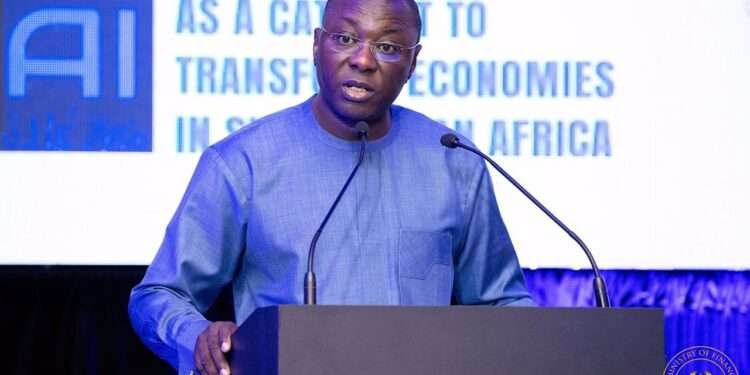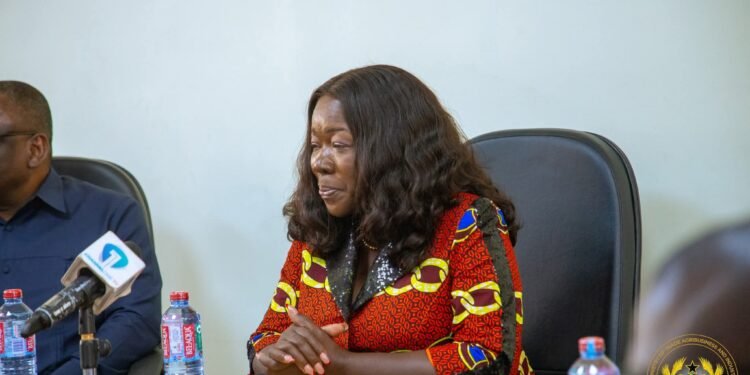A new report released by Google and the International Finance Corporation (IFC), estimates that Africa’s Internet economy has the potential to reach 5.2% of the continent’s gross domestic product (GDP) by 2025, contributing nearly $180 billion to its economy. The projected potential contribution could reach $712 billion by 2050.
Driving this growth is a combination of increased access to faster and better-quality Internet connectivity, a rapidly expanding urban population, a growing tech talent pool, a vibrant start-up ecosystem, and Africa’s commitment to creating the world’s largest single market under the African Continental Free Trade Area.
Currently, Africa is home to 700,000 developers and venture capital funding for start-ups has increased year-on-year for the past five years, with a record $2.02 billion in equity funding raised in 2019, according to Partech Ventures Africa.
“The digital economy can and should change the course of Africa’s history. This is an opportune moment to tap into the power of the continent’s tech startups for much-needed solutions to increase access to education, healthcare, and finance, and ensure a more resilient recovery, making Africa a world leader in digital innovation and beyond,” said Stephanie von Friedeburg, Interim Managing Director, Executive Vice President and Chief Operating Officer of IFC.
Digital startups in Africa are driving innovation in fast-growing sectors, including fintech, healthtech, media and entertainment, e-commerce, e-mobility, and e-logistics, contributing to Africa’s growing Internet gross domestic product (iGDP) — defined as the Internet’s contribution to the GDP.
“Google and IFC have created this report to highlight the role the digital start-up sector is playing and other factors driving the continent’s growth, in order to showcase and support the opportunities the continent presents,” said Google Africa director Nitin Gajria.
An analysis within the report, conducted by Accenture, found that in 2020, the continent’s iGDP may contribute approximately $115 billion to Africa’s $2.554 trillion GDP (4.5% of total GDP). This is up from $99.7 billion (3.9% of total GDP) in 2019, with the potential to grow as the continent’s economies develop.
Investments in infrastructure, consumption of digital services, public and private investment, and new government policies and regulations will play an important role in supporting Africa’s digital growth. The report notes that investment in digital skills will also need to increase in order to help drive technology usage and continue to grow the continent’s talent pool.
Africa’s Digital Opportunity
Africa has the world’s youngest, fastest-growing, and increasingly urbanized workforce. These demographics, coupled with improved longevity and education levels, have led to a rise in the consumption of online services. Additionally, heavily concentrated populations in Africa’s cities are supporting developer communities that attract new investors and talent pools. Rural populations also benefit from digital startups, and the Internet economy is critical to reaching and supporting the continent’s 1.3 billion people.
The African Internet economy is one of the largest overlooked investment opportunities of the past decade with potential for profound impact on development. The mobile Internet is transforming life across the continent with the support of growing local connectivity and mobility and a dynamic, young urban population. With a potential to add up to $180 billion to Africa’s gross domestic product (GDP) by 2025, depending on the usage intensity of digital technologies by businesses, the Internet economy is improving productivity and efficiencies across large swaths of the economy, including agriculture, education, financial services, healthcare, and supply chains.
Throughout the global pandemic, Africa’s Internet economy is proving resilient, as digital startups across the continent devise innovative solutions to problems in a fast-changing world. These versatile Internet-based companies are leveraging Africa’s unique strengths to expand opportunities for significant economic growth that will help create jobs, reduce poverty, and contribute to overcoming the continent’s development challenges in the future.























